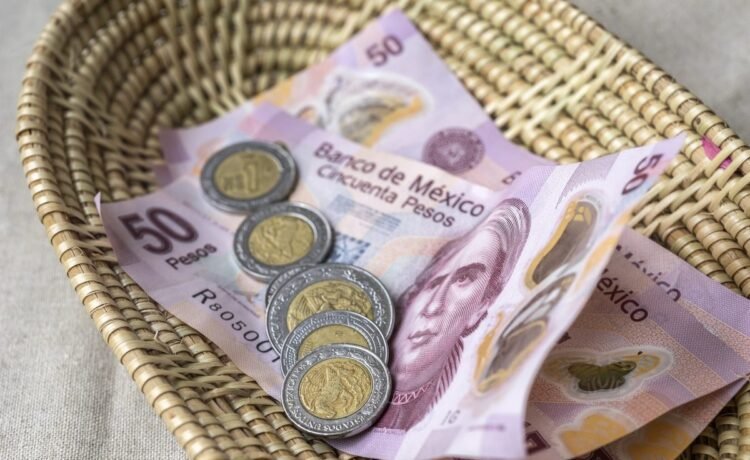Tipping is woven into the fabric of Mexican social and trading culture. The tipping ritual is so commonplace that it is also plays a significant role in Mexico’s informal, cash-driven economy.
Mexico’s tipping culture is impromptu and often spontaneous. Tipping is always optional although the people serving you will appreciate the small token of your appreciation in exchange for good service.
Frequent tipping is a routine that takes getting used to, especially if you come from a place where tipping is not commonplace, or where tipping is practiced but only in certain, specific circumstances.
Why you need to tip in Mexican pesos, and not in foreign currency
The rules and regulations for exchanging foreign currency have been tightened up. For example, currency exchange houses now routinely demand to see a passport to change even small amounts of money, and not everyone here has a passport.
Foreign coins are non-exchangeable and should never be left as tips. Always tip in cash, using Mexican pesos.
Common situations where tipping is practiced
In Mexico, la propina is employed in all kinds of everyday situations. Here are some examples, followed by a link to our guide that gives a more comprehensive list of situations where you should consider tipping:
Eating and drinking out
Waiters working at restaurants and bars should always be tipped for good service; a sum equivalent to 10-15% of the total bill is appropriate.
Taxi drivers
Local cabbies and App Cab drivers (e.g. Uber, Cabify, Didi) appreciate a tip. Consider rounding-up the fare on the meter from a street cab to the nearest $5 or $10 pesos; app-cab apps now allow you to add a tip at the end of your journey, or you can pay the driver a tip in cash.
Hotel stays
When you stay at a hotel in Mexico it’s customary in Mexico to leave a tip for your hotel room chambermaid, a sum between US$1 and US$5 (equivalent in Mexican pesos), for each night’s stay spent at the hotel. If you’re staying more than one night, it’s a good idea to leave the tip daily as chamber maids work on a rota.
Car parking and valets
Car parks in Mexico’s bigger towns and cities are oftentimes kept under vigil by men (and occasionally women) who ‘patrol’ the car park, helping drivers to find a free space, keeping an eye on the cars, and helping drivers to reverse out when they leave. It’s optional, but customary, to pay $2-$5 pesos as you depart. If your car is attended by a valet service, a small tip of $10-20 pesos to the valet attendant, commensurate with the class of the establishment, is expected.
Home deliveries
When you have goods or services delivered to your home, it’s customary to tip the service providers. Examples include: gas deliveries, water bottle deliveries, supermarket deliveries, postal and courier services (e.g. Amazon, Mercado Libre). $10-$20 pesos is sufficient.
Other situations
Other ‘informal’ situations where a tip is customary include the porter at the hotel who carried your bags; the concierge for booking a table at a local restaurant or who arranged a taxi for you; the person who washed your windscreen at the stop-light; the attendant at a gasoline station; the person (usually a student or retiree) packing your groceries at the local supermarket; and attendants keeping washrooms/restrooms clean (provided you did not pay to enter the facility.)
Learn more by reading our guide to Tipping and Bargaining in Mexico for guidance about who, where, when, and how much to tip in Mexico.
A footnote about small change
Ironically, despite the constant need to pay tips small change can sometimes be difficult to get hold of in Mexico when you need it most, and appears in abundance when you don’t need any. It’s good practice to build-up a cache of small change as you shop. If you’re staying at a hotel or resort, the front desk can break larger notes into small bills and coins for you: the $20 peso bill is popular for tipping at hotel resorts.
Mexico in your inbox
Our free newsletter about Mexico brings you a monthly round-up of recently published stories and opportunities, as well as gems from our archives.


